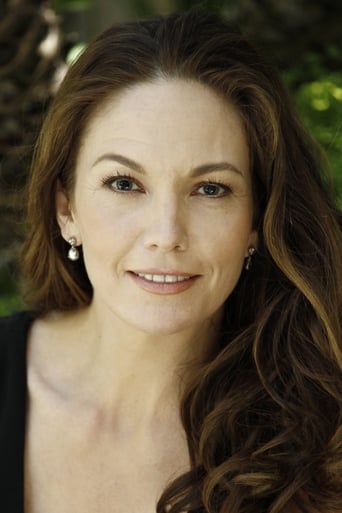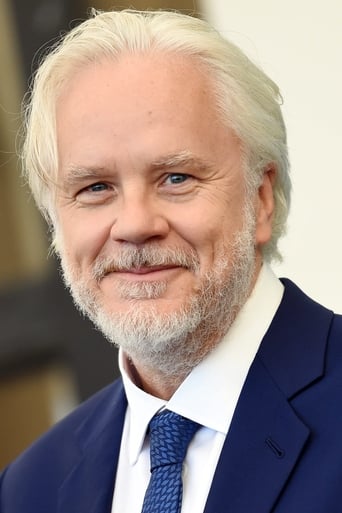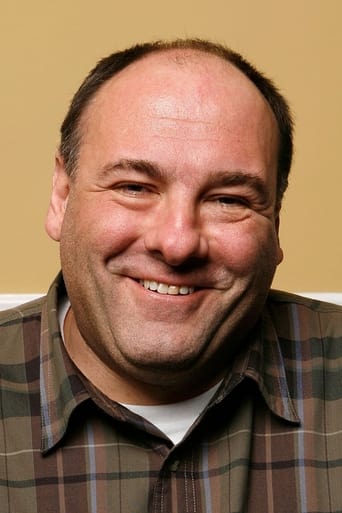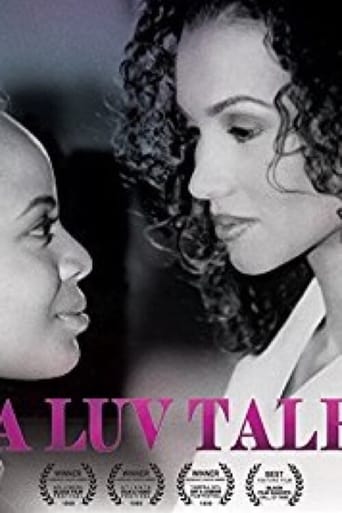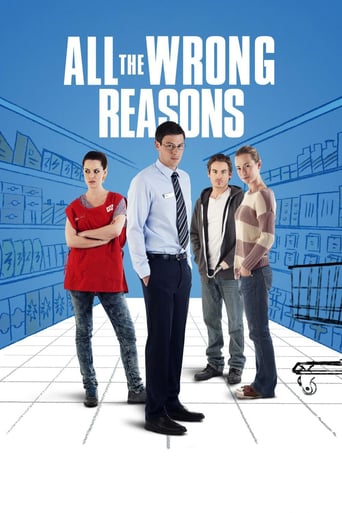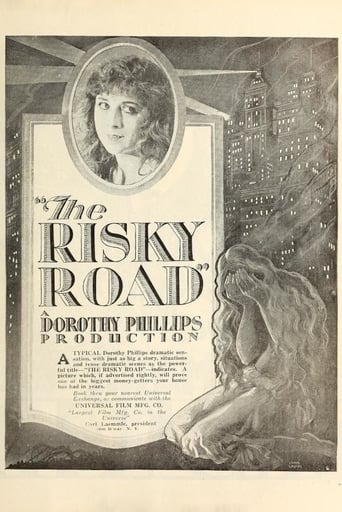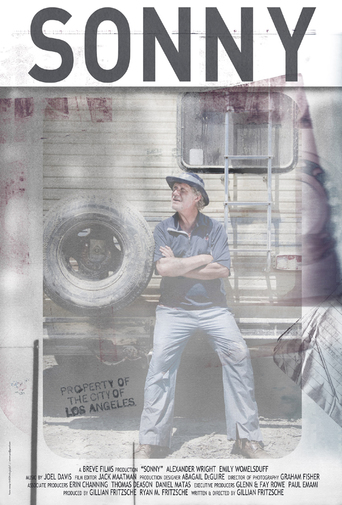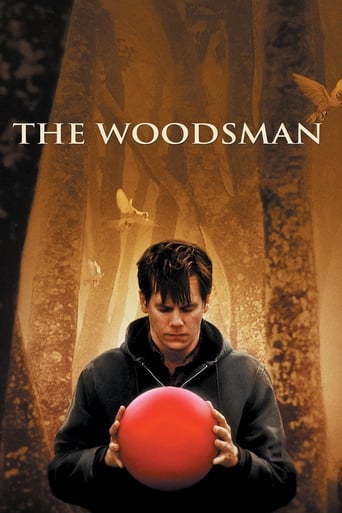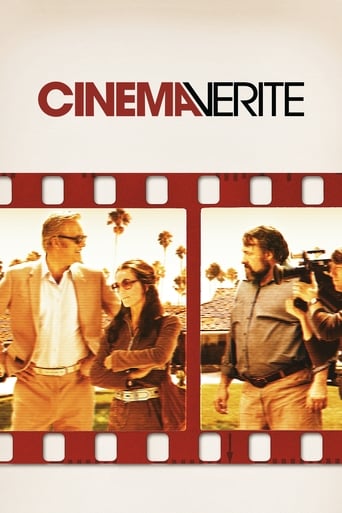
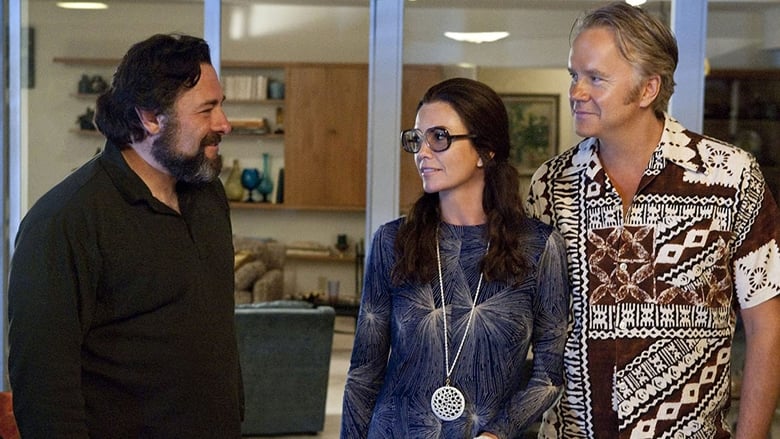
 Watch Now
Watch Now




Cinema Verite (2011)
 Watch Now
Watch Now




In 1973, the Loud family became a television sensation of a new kind. It was long before a metal rock star showed his eccentric family on the small screen and decades before housewives had screaming matches with each other on camera in public. CINEMA VERITE tells the behind-the-scenes story of the groundbreaking documentary "An American Family," which chronicled the lives of the Louds in the early 1970s and catapulted the Santa Barbara family to notoriety while creating a new television genre: the reality TV series.
Watch Trailer
Cast


Similar titles
Reviews
Wow, this is a REALLY bad movie!
Really Surprised!
This movie tries so hard to be funny, yet it falls flat every time. Just another example of recycled ideas repackaged with women in an attempt to appeal to a certain audience.
If you like to be scared, if you like to laugh, and if you like to learn a thing or two at the movies, this absolutely cannot be missed.
I wasn't born when the Louds became a major deal in the American public consciousness, as the first sort of "reality" family, but that doesn't matter as I should still be able to take this story on its own terms (for example, what if hypothetically it was all made up, how would it work as a story unto itself). Of course the filmmakers are adept at taking real life and spinning it into docudrama - their breakout sensation was an adaptation of the real life guy who made the comic book American Splendor, Harvey Pekar, which included interviews with the real life subjects - so one would expect this to have some authenticity as it's all about the realm of what is real-real and camera-real. One wonders what the Maysles thought of this filmmaker Gilbert.As it stands this man, played here by the late James Gandolfini (in the kind of performance that makes me miss him all the more, it's largely subtle work until the third act), is not exactly Maysles. I don't know how close they got to their subjects like the Beales (this made me think back to Grey Gardens quite a bit, also a "reality" movie in its way), but with the Louds it was the "All-American Family", and the ideal for Gilbert in the early 70's was to document it in an anthropological sense: what if aliens come down, after all, in a thousand years and want to see what we were like? It's easy to piece that together in drama, but then once you get the philosophies of Marshall MacLuhan into the mix, which this seems to also be alluding to throughout in a subtextual way, being 'natural' is difficult... at first.This story of filmmakers following this family - which includes Tim Robbins and Diane Lane as the seemingly happy married couple of a bunch of interesting, happy kids (including one who is gay but quite happy to be in the scenes of Andy Warhol and the Chelsea Hotel and the like) - is certainly gripping for most of its run-time, and gains traction as the drama unfolds for the family. There's infidelity, there's marital strife, and there's Gilbert (usually in the background) with his cameraman and sound recordist in the house getting it all. Sometimes the family doesn't notice they're there. Then they do, and the looks to the camera give it away (maybe my favorite moment is when Robbins, as he's playing the patriarch in an exceedingly tragic and sad moment, gets a foolish grin on his face as he notices the camera as he's getting in his car - it's perfect, it's just how we all would be in that situation, to hide away the pain).All of the actors can't be faulted in the slightest, and along with Gandolfini and Robbins it's hard to note point out Lane giving one of her best performances in recent memory. But there are times when things seem a little rushed... actually, a lot rushed in the final ten minutes or so, when the series finally airs on PBS and the family has to deal with the fallout. I wish we could see more of this, but the whole movie is only 90 minutes, and after giving us sort of a condensed 'greatest hits' of what this family and the filmmakers went through over several months (almost 80 days to be exact, however over much time I don't know), there seems like it's missing things. I wish there was more there there, and that may be a thing of 'no good movie is long enough' but it's more than that - by the time Cinema Verite wraps up what it has to say, and it's here that the Springer and Pulcini combine the dramatized with the actual of the family on Dick Cavette, it feels a little too little too late.What if it had been more like 'Splendor', with combining the dramatized with the actual footage? Maybe HBO only gave them so much time, but it feels off in that way. But what is here is still mostly substantial for drama and pathos, and they even get us to feel for a character as lousy (at least from what we can see) as Mr. Loude, in part due to Robbins but also just solid writing. On the whole a little simplistically drawn, and at the same time in the small moments it carries a lot of worth. And to think how far we've come... or fallen, I should say, with what people will let themselves be seen as in "reality" television.
Modest, minor cable-made docudrama from directors Shari Springer Berman and Robert Pulcini chronicles the would-be sturm and drang behind-the-scenes of PBS's "American Family", an eleven-hour series from 1971 which chronicled the lives of The Louds of Santa Barbara, CA. Justifiably famous as the first "reality TV" family, this bunch (mom, dad, and their amiable teenage kids) brought in big ratings for 'the education network', even though their lives were fairly typical and ordinary. Picked out of a society column by an ambitious producer, the Louds were followed around by a small camera-crew for some 78 days--to fill eleven hours of air-time--yet high drama was hard to come by (patriarch Bill Loud had the wandering eye; eldest son Lance Loud was a flamboyant singer who had already moved to New York City when production began; while spouse Pat Loud, strong and confident, was the glue who kept kids and husband together). There wasn't much happening behind--nor in front of!--the lens, except for some mild flirting between Pat and the crafty, cunning producer, and Pat's discovery that her husband had been carrying on affairs with a number of different women. The editors of the actual show had a tough time piecing together enough watchable product, while this rendering of events, penned by the estimable David Seltzer, suffers the same fate. The groovy production-design is spot-on, and Diane Lane has several strong moments portraying Pat...yet this American family simply wasn't cliffhanger material. It all seems much ado about nothing.
PBS was a pioneer in many areas of what is seen in television today. The impact "An American Family" had on our culture cannot be measured; it was something like no American audiences had experienced before. The openness of the Louds being themselves on a weekly basis was revolutionary at best. "Cinema Variete" wants to take today's viewers to the story behind the reality show.The ideal American family was found for producer Craig Gilbert by a friend of the Louds, who thought they would be perfect for what the producer wanted to achieve. Pat and Bill Loud had four children and led a comfortable life in Santa Barbara, California. Pat was a woman that exuded intelligence, as noted during her first encounters with Gilbert. She had her doubts about how the program would play, but evidently she thought it would be a great idea, but little did she suspect how it would change her life, and that of her family. Bill Loud was something else, he was a philandering man if he was given the opportunity to have sex outside the home.The film concentrates on the technical aspects more than in the family members. The only one that is showcased was Lance, a young man obviously in awe of himself and his wit. Santa Barbara was perhaps too provincial for him to express his artistic bent, so he fled to New York where he was able to be what he wanted to be in an open atmosphere, away from his parents and small town gossip. The other kids are not even given a thought in the film, even though they were prominently seen in the weekly programs.Robert Pulcini and Sharon Springer Berman share the directorial credit. The screenplay is by David Seltzer who tried to explain the new phenomenon on public television in a film format. Because of the limitations trying to condense the series into something that resemble a movie, the creators only touch on their subject without going too deep behind the real family.Diane Lane's Pat is one of the best things we have actually seen her do in recent memory. Her resemblance to the real Pat Loud is uncanny. Tim Robbins take on Bill is not quite right, although he also resembled the man he is portraying. James Gandolfini plays Craig Gilbert, a man with a vision that revolutionized the way we watched television shows. Thomas Dekker is seen as the flamboyant Lance Loud.
Naturally, it doesn't feel real. The first show of its kind, brought America into a debacle of sorts. Was this an "art form" or a voyeuristic trip into the unknown? Now, the whole thing feels manipulated, fragmented and utterly unreal. The gay son, brought the situation into the main stream but it was misunderstood, or was it? The one thing I got out of this films was a superlative performance by Diane Lane. She is truly extraordinary. But the task of reproducing the "moment" feels a bit all over the place. Going from highlight to highlight, if you didn't know about it you still won't really understand. This is no Truman Show. The dramatic structure seems not merely uncertain but downright opportunistic. Needless to say, I was disappointed.


